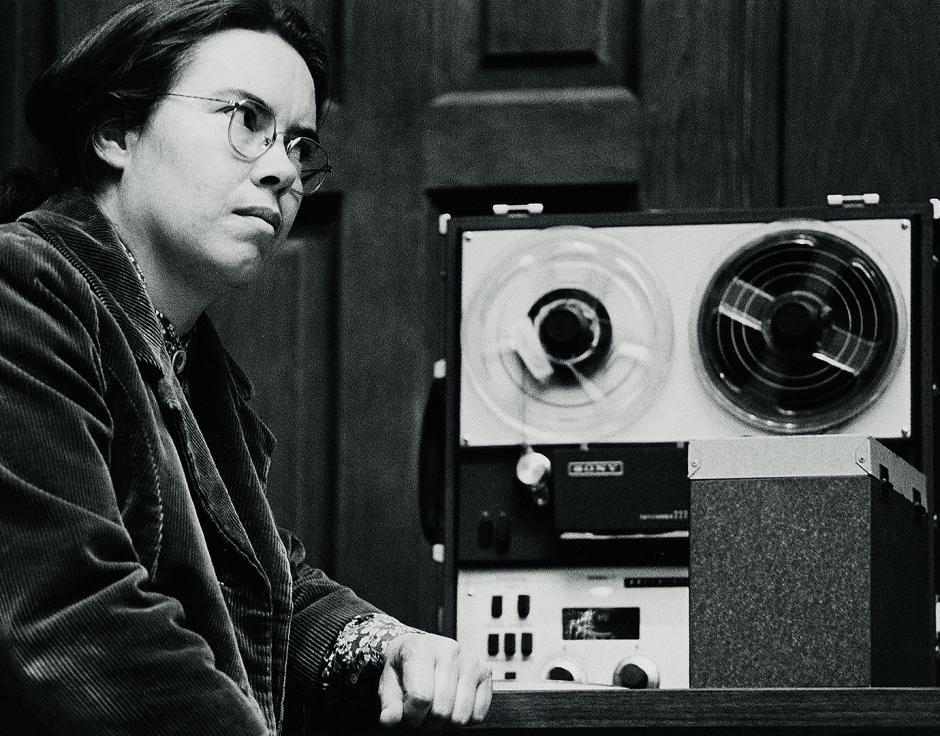
This week I read Pauline Oliveros’s 1974 book ‘Sonic Meditations’ as well as listening to her material.
Oliveros’ made a significant attempt to erase the performer/audience relationship that is highly present in todays industry, I found this fascinating and admirable as we’re currently living in a society that is unnecessarily obsessed with spectacle and observation. Since researching her work, I’ve begun to understand how the human experience could be greatly impacted by a generalisation of deeper listening.
She viewed music in a completely unique way; scientifically and almost architectural, focusing on the resonance and frequency of a noise rather than the way it actually sounds. Oliveros believed that to hear and to listen were two completely different things, and after practicing a few of her meditations and watching her Ted Talk, I realised how much of a passive listener I’d been. Going forward I hope that I’m able to carry what I’ve learnt from Pauline Oliveros, both in my day to day life and my (fingers crossed) career as a musician.
One Word
Choose one word. Dwell silently on this word When you are ready, explore every sound in this word extremely slowly, repeatedly. Gradually, imperceptibly bring the word up to normal speed, then continue until you are repeating the word as fast as possible. Continue at top speed until “it stops.”
I think that the deep fascination Oliveros held with listening is admirable; she viewed it as an art, and a way of life. I believe that as a society, we could all benefit from consuming music in the same way Pauline Oliveros did, finding a deeper meaning in the most simple of sounds. Overall, two things in which Sonic Meditations has really cemented for me is that to hear is not to listen and that I should ‘always be an observer’.
TEDxtalks (2015) The difference between hearing and listening. Available at: https://youtu.be/_QHfOuRrJB8 (Accessed: 30 September 2022).
Oliveros, P. (2005) Deep Listening: A Composer’s Sound practice. United States: Deep Listening Publications.
